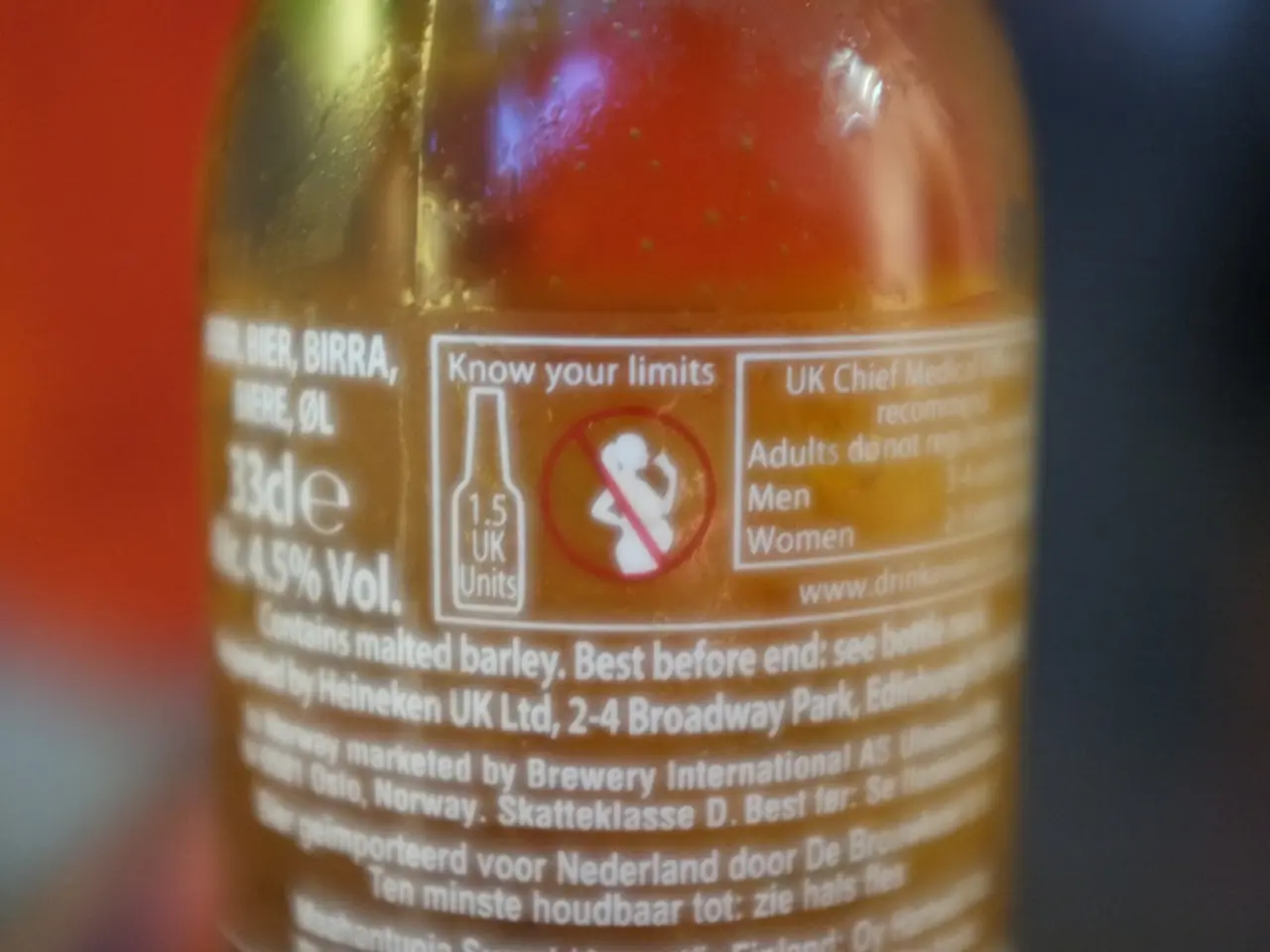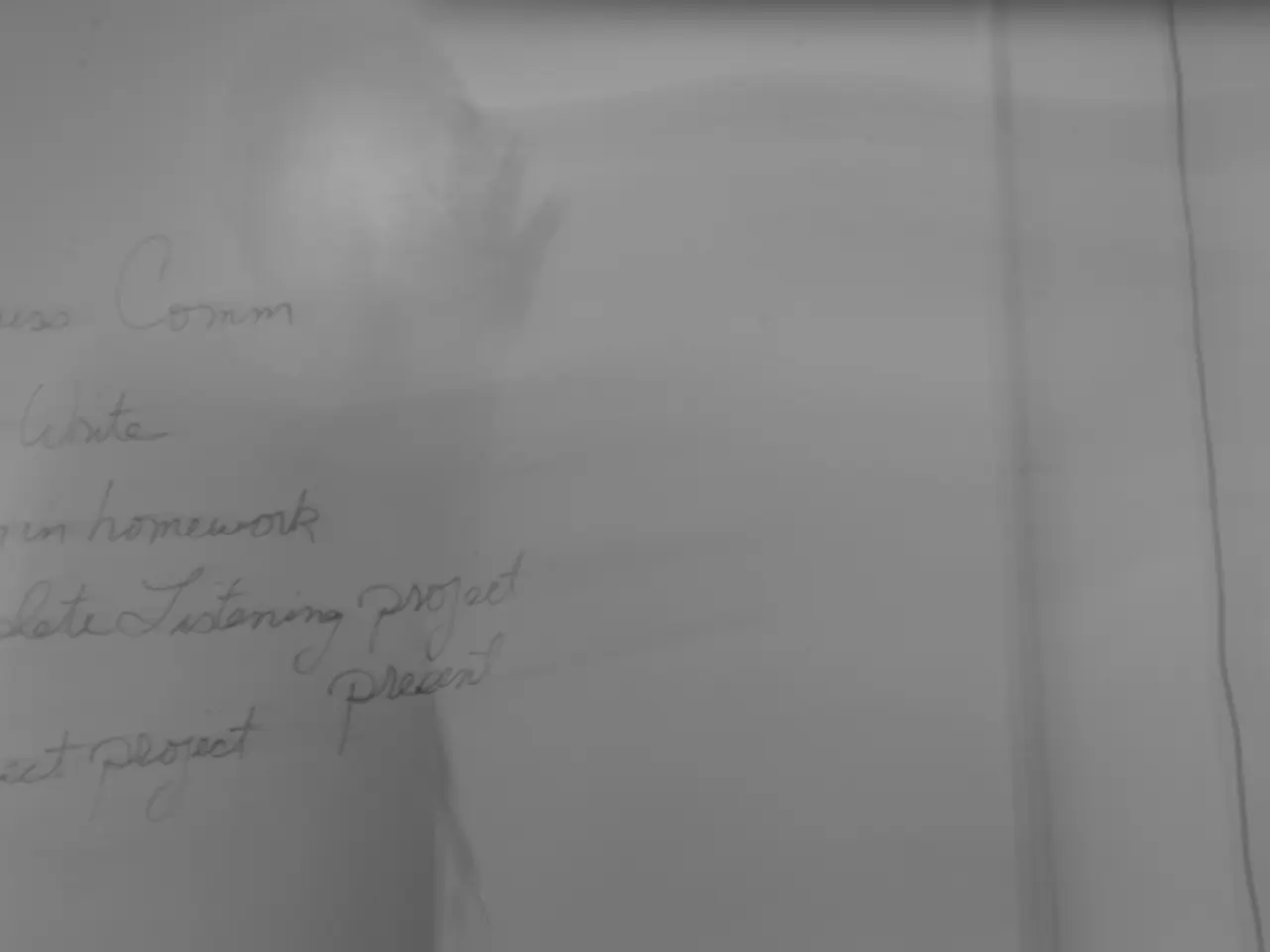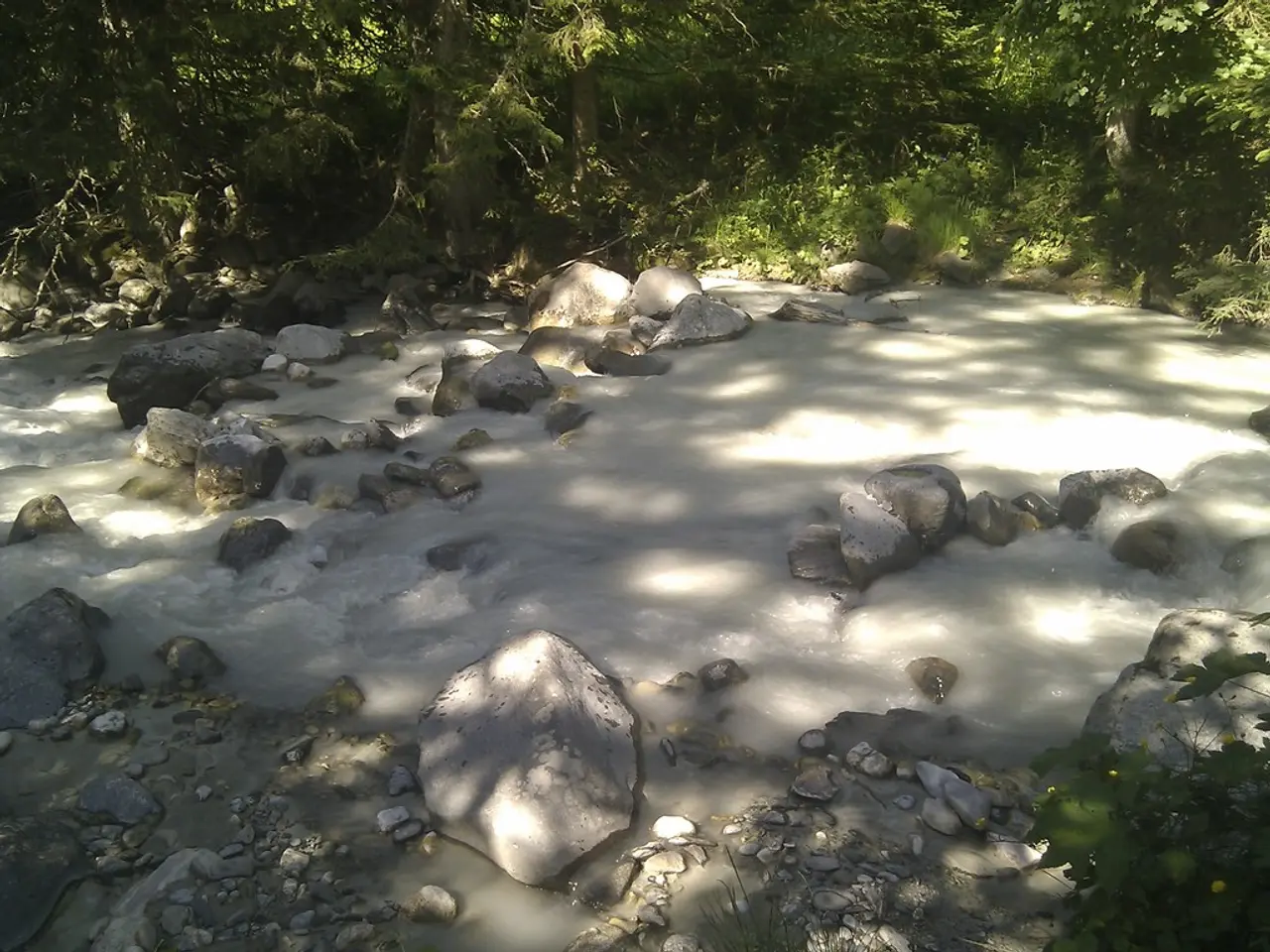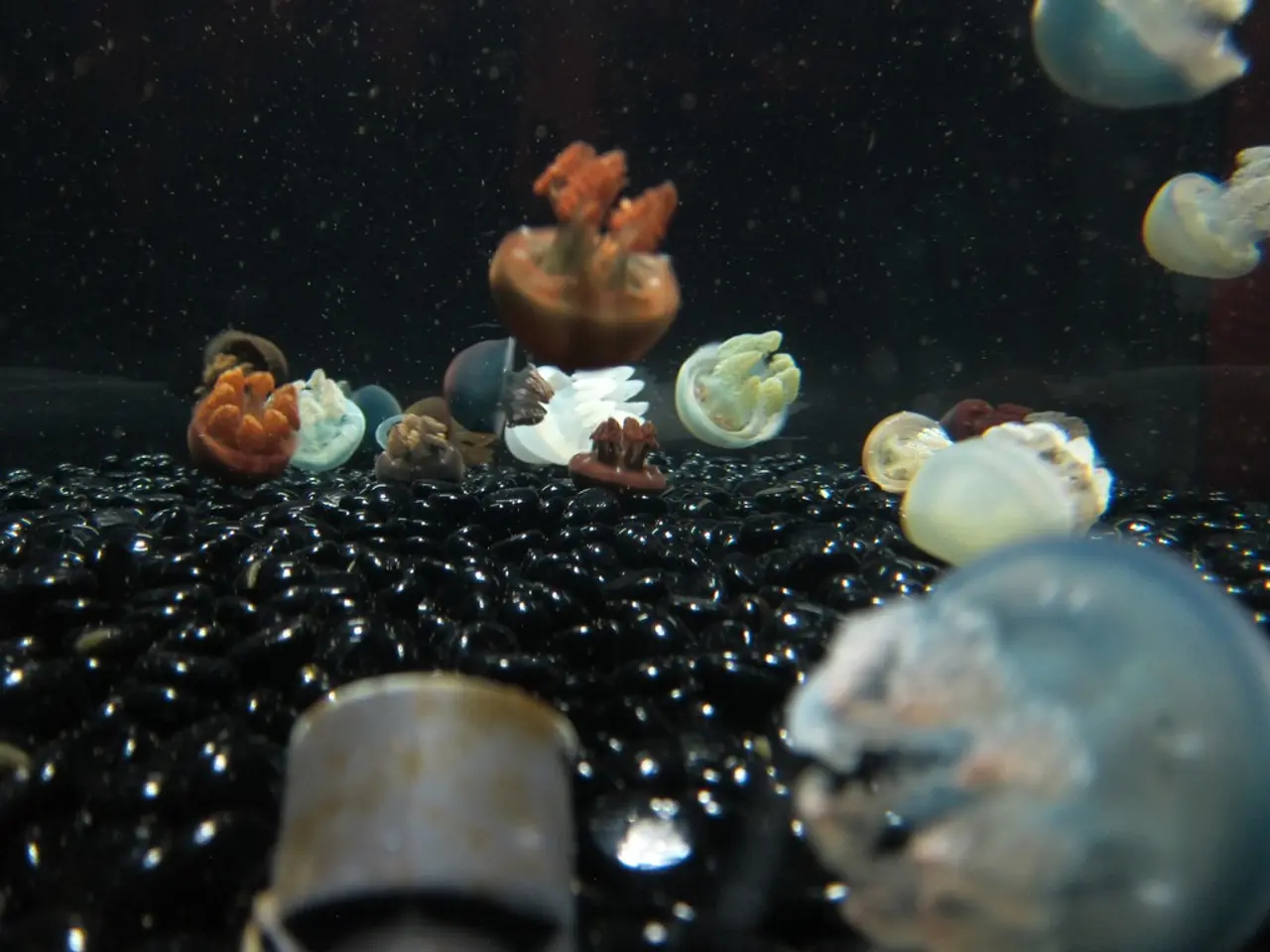Medical plastic-degrading 'Superbug' discovered
In a groundbreaking discovery, a team of researchers led by Professor Ronan McCarthy has found that certain bacteria can digest specific types of medical plastics, raising concerns about the safety and efficacy of medical devices in clinical settings.
The bacterium Pseudomonas aeruginosa, a common culprit in hospital-acquired infections, has been found to degrade polycaprolactone (PCL), a biodegradable plastic used in medical devices like sutures and stents. This bacterium uses an enzyme called Pap1 to consume the plastic and its fragments, which helps it to persist on medical devices by strengthening biofilms that resist antibiotics and immune responses.
This ability raises serious concerns because it means that bacteria can survive and even thrive on supposedly sterile medical plastics, potentially increasing the risk of infections acquired in clinical settings such as intensive care units. The degradation of plastics by bacteria not only poses a challenge for infection control but also complicates the sterility and safety of medical devices made from or coated with these plastics.
Furthermore, similar enzymes have been found in other hospital-associated pathogens, indicating a broader potential threat to various plastics used in clinical environments. This discovery suggests the need for reconsidering the design, monitoring, and sanitization of medical plastics to mitigate infection risks linked to bacterial plastic degradation.
Professor McCarthy suggests focusing on plastics that are harder for microbes to digest in an effort to combat the bug's plastic-eating ability. He also emphasizes the need for more research to learn more about how prevalent these enzymes are amongst pathogens and their impacts on virulence.
Pseudomonas aeruginosa is among a group of bacteria responsible for the majority of hospital infections that can resist antibiotics and is listed on the World Health Organisation's critical priority list for new treatments. The bacterium may be using its plastic-eating ability to survive on surfaces in hospitals, potentially contributing to hospital outbreaks.
The research on the bacterium's plastic-eating ability was published in the scientific journal Cell Reports. The discovery could potentially lead to a reconsideration of how pathogens exist in the hospital environment, and McCarthy encourages further investigation to understand the full implications of this finding on patient safety.
References: 1. McCarthy, R. et al. (2022). Pseudomonas aeruginosa degrades biomedical plastics using a previously uncharacterised esterase. Cell Reports, 36(6), 1112-1124.e6. doi: 10.1016/j.celrep.2022.02.080.
The discovery that certain bacteria, such as Pseudomonas aeruginosa, can degrade polycaprolactone (PCL), a plastic used in health-and-wellness products like medical devices, is a concern for digital health and medical-conditions, as the degradation could increase risks of infections in hospitals. This issue may be exacerbated by the presence of similar enzymes in other hospital-associated pathogens, necessitating a reconsideration of the design, monitoring, and sanitization of medical plastics for improved patient safety.




